Rokku mi rokka, c’est aussi une réflexion sur les mutations de la société sénégalaise à l’heure de la mondialisation : «~Boul bayékou~» est une invitation à la persévérance, «~Téléphone~» parle des avantages et des inconvénients de cet outil moderne, «~Borom gaal~» est une chanson de sensibilisation sur les dangers de la mer et l’immigration clandestine tandis que «~Yonou deugue~» parle de vérité et de justice et «~Booloo leen~», d’unité entre les peuples.
Il rend hommage à Cheikh Ibra Fall, le guide spirituel des Bayefall et premier disciple de Cheikh Ahmadou Bamba, fondateur de la confrérie des Mourides au Sénégal («~Baay Faal~»), parle des cousinages entre certaines communautés du pays comme les Peuls et les Sérères («~Sama gammu~»), reprend «~4.4.44~», un clin d’œil à l’indépendance du Sénégal sans oublier un thème vieux comme le monde, l’amour («~Lett ma~»).
Musiciens: Youssou Ndour et le Super Etoile de Dakar :
Youssou Ndour (voix) ; Mamadou Jimi Mbaye (guitare solo) ; Pape Oumar Ngom (guitare rythmique) ; Habib Faye (basse) ; Ibrahima Cissé/Moustapha Faye (claviers) ; Mbaye Dièye Faye (percussions) ; Assane Thiam (tama) ; Abdoulaye Lô (batterie)
Avec : Ami Collé Dieng/Aïda Samb/Rudi Gomis/Balla Sidibé/Penda Sarr/Assane Mboup/Ndèye Marie Ndiaye Gawlo (chœurs) ; Charly Ndiaye (basse) ; Baye Demba Faye (percussions) ; Alain Berger (batterie) ; Oumar Sow (guitare) ; Thierno Koïté (sax) ; Ibou Konaté (trompette) ; Neneh Cherry (voix) ; Wilfried Zinsou (trombone) ; Prince Ibrahima Ndour (claviers) ; Demba Kanouté (kora) ; Thio Mbaye groupe (percussions) ; Guy Kaye (guitare) ; Moustapha Faye (claviers, balafon) ; Bassékou Kouyaté (xalam) ; Steve Sehan (percussions) ; Assane Cissé (guitare rythmique) ; Mody Bâ (guitare) ; Massiré Dramé (tama)
Auteurs/compositeurs : Youssou Ndour ; Ashley Maher ; Jason Hann ; Kabou Guèye ; Max Calo
Réalisation : Youssou Ndour
Enregistrements : Prince Mactar Ndour (Studio Xippi – Dakar), assisté de Serge Devesvre et Baye Lèye
Mixage/réalisation additionnelle : cirKus
Ingénieur du son : Ruadhri Cushnan
Mastering : Greg Calbi (Sterling Studio – New York)
Transcriptions wolof et traductions françaises : Dièyenaba Gaye
Production exécutive : David Bither ; Boubacar Ndour ; Michelle Lahana
Titres:
CD1 : 1. 4.4.44 ; 2. Pullo Ardo ; 3. Sama gammu ; 4. Bajjan ; 5. Baay Faal ; 6. Sportif ; 7. Tukki ; 8. Lett ma ; 9. Dabbax ; 10. Xel ; 11. Wake up (It’s Africa calling)
CD2/bonus : 1. Boul bayékou ; 2. beugue dou bagne ; 3. Borom gaal ; 4. téléphone ; 5. Yonou deugue Rokku mid rokka is also a reflection about changes in Senegalese society in the era of globalization: « Boul bayékou ~ ~ » is an invitation to the perseverance, « Telephone ~ ~ » discusses the benefits and disadvantages of this modern tool, « Borom gaal ~ ~ » is a song of awareness about the dangers of the sea and illegal immigration, « Yonou deugue ~ ~ » talks about truth and justice « , « Booloo leen » about unity among peoples.
Tracks:
CD1 : 1. 4.4.44 ; 2. Pullo Ardo ; 3. Sama gammu ; 4. Bajjan ; 5. Baay Faal ; 6. Sportif ; 7. Tukki ; 8. Lett ma ; 9. Dabbax ; 10. Xel ; 11. Wake up (It’s Africa calling)
CD2/bonus : 1. Boul bayékou ; 2. beugue dou bagne ; 3. Borom gaal ; 4. téléphone ; 5. Yonou deugue

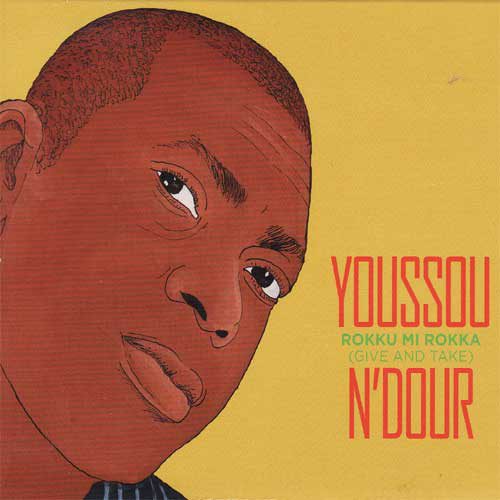
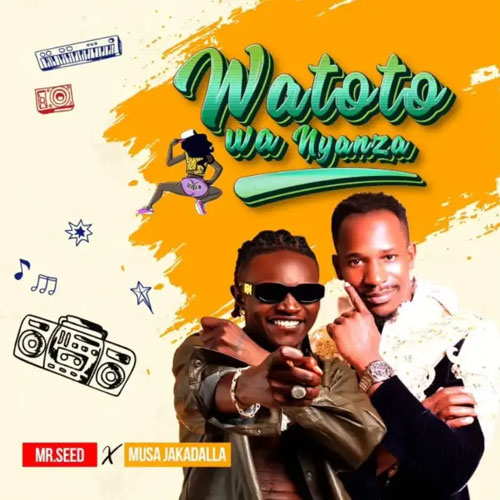
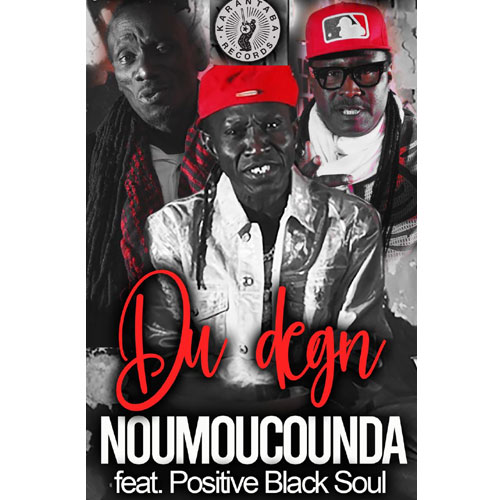
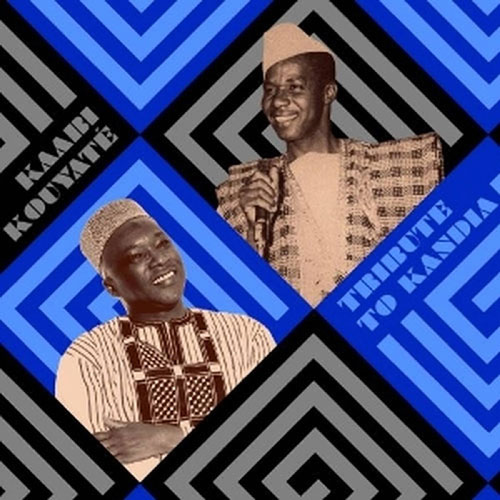
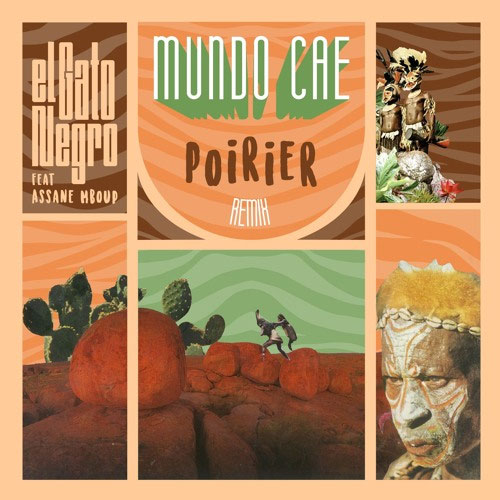

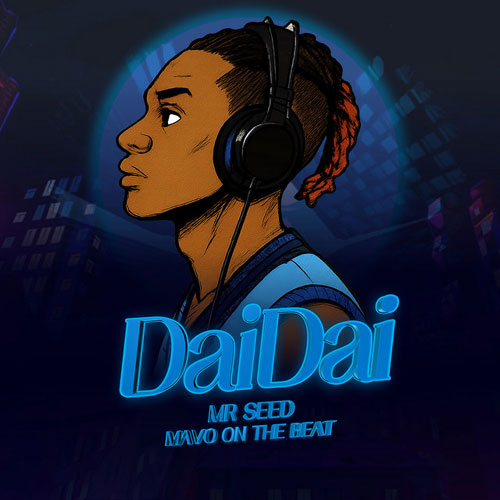
Laissez un commentaire
Vous devez être logged in pour poster un commentaire.